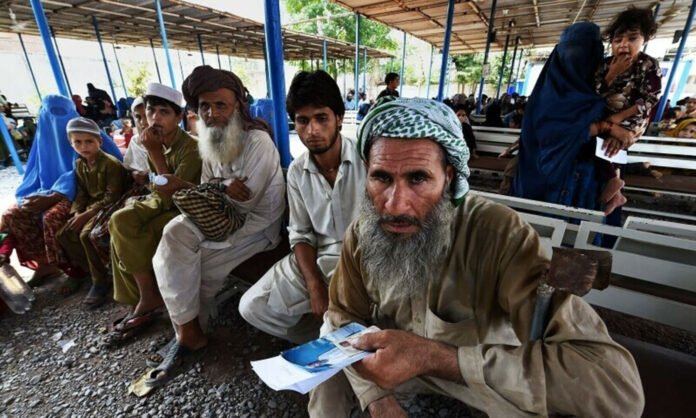In a recent development, Pakistan has extended the deadline for Afghan refugees to leave the country by a week, citing the Eid-ul-Fitr holidays as the reason. The original deadline was set for March 31, but now Afghan citizens have until early next week to depart.
Approximately 800,000 Afghan citizen cardholders and 1.3 million with Proof of Registration Cards (PoRs) from the UNHCR will be affected by the deadline. Many of these individuals have lived in Pakistan for years, fleeing decades of war and the Taliban’s return to power in Afghanistan. The Pakistani government’s decision to extend the deadline provides temporary relief to these refugees, but their future remains uncertain.
Human rights groups have condemned Pakistan’s deportation campaign, citing concerns about the safety and well-being of Afghan refugees. The Taliban government has also urged for a “dignified” return of Afghans, with Prime Minister Hassan Akhundzada appealing to host countries not to force refugees out. The international community has echoed these concerns, with organizations like Human Rights Watch and Amnesty International criticizing Pakistan’s actions.
The situation is further complicated by the Taliban’s restrictions on Afghan girls and young women, who will be deprived of their right to education if they return home. Additionally, many Afghan refugees are awaiting resettlement in other countries, and their expulsion from Islamabad would separate them from the foreign missions that promised to provide them with visas and travel documents.
The Pakistani government’s decision to extend the deadline may be seen as a response to international pressure, but it does not address the underlying issues. The government must consider the long-term implications of its actions and work towards finding a sustainable solution for Afghan refugees. This may involve collaborating with international organizations and other countries to provide safe and dignified return options for refugees.
In the meantime, Afghan refugees in Pakistan remain in a state of limbo, uncertain about their future and fearful of being forced to return to a country where they may face persecution and danger. The international community must continue to pressure Pakistan to adopt a more humane approach to dealing with Afghan refugees and to work towards finding a lasting solution to this crisis.



